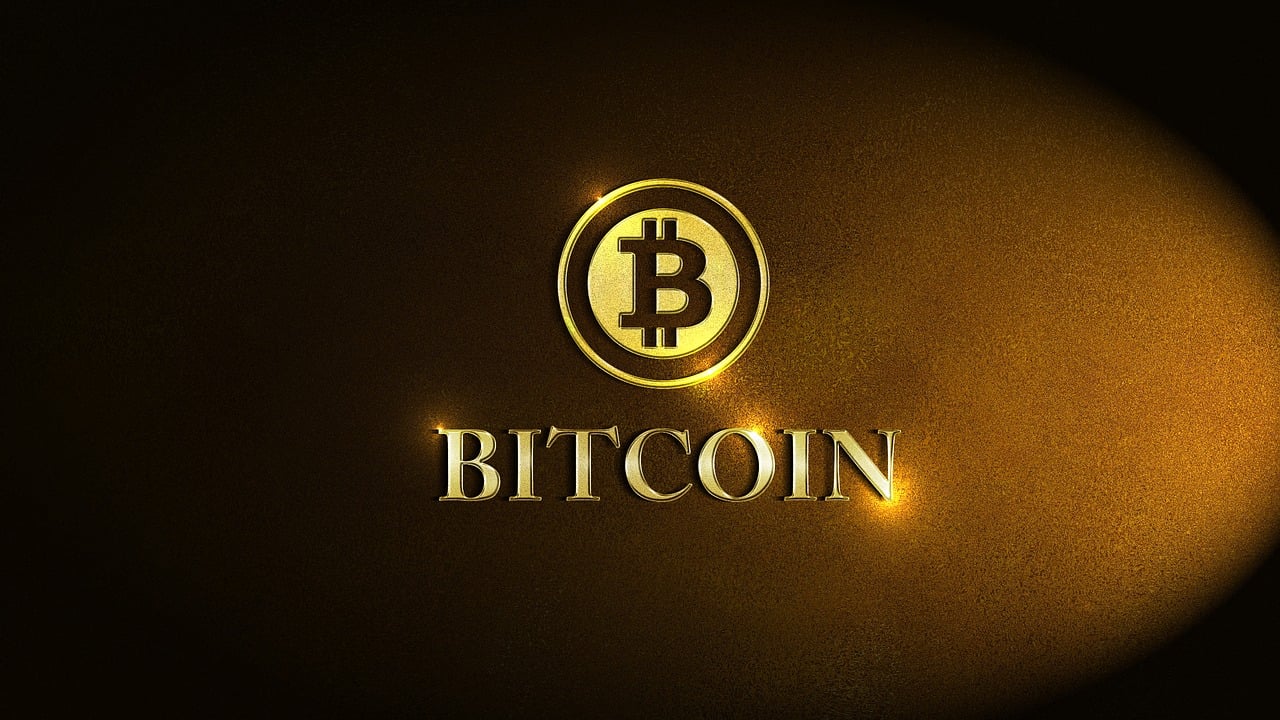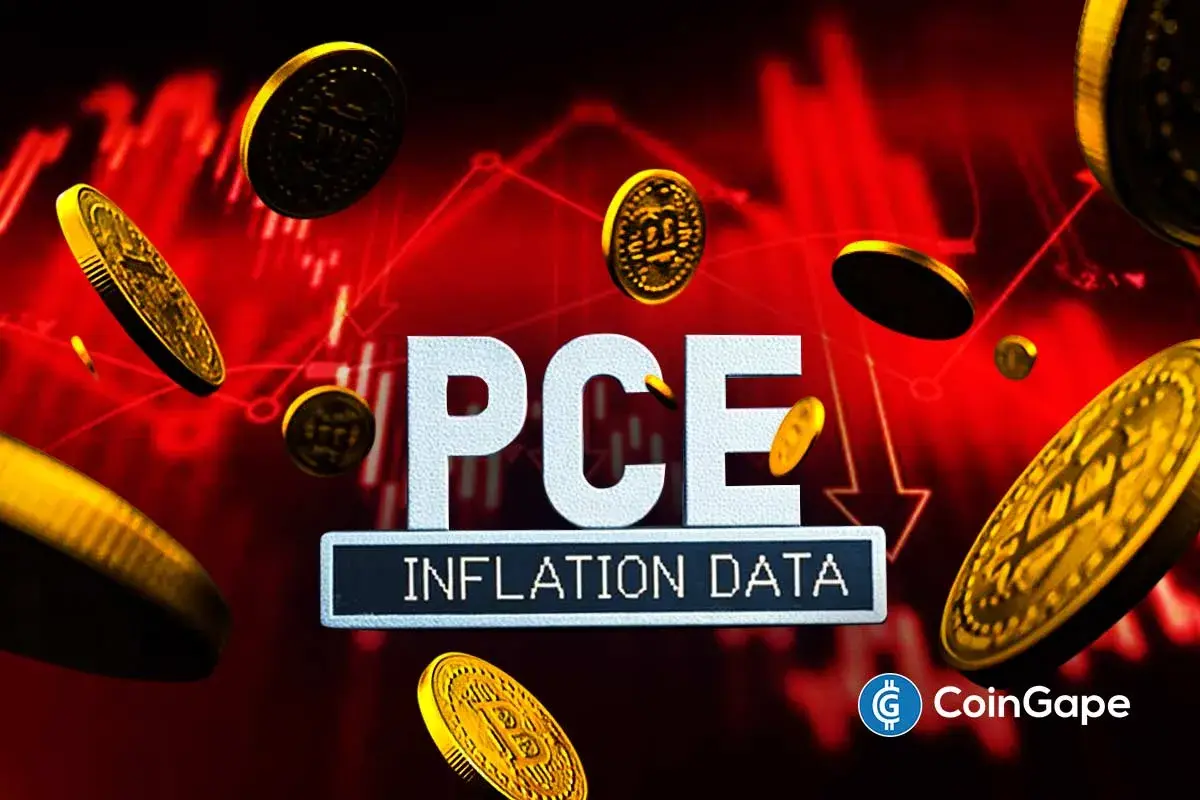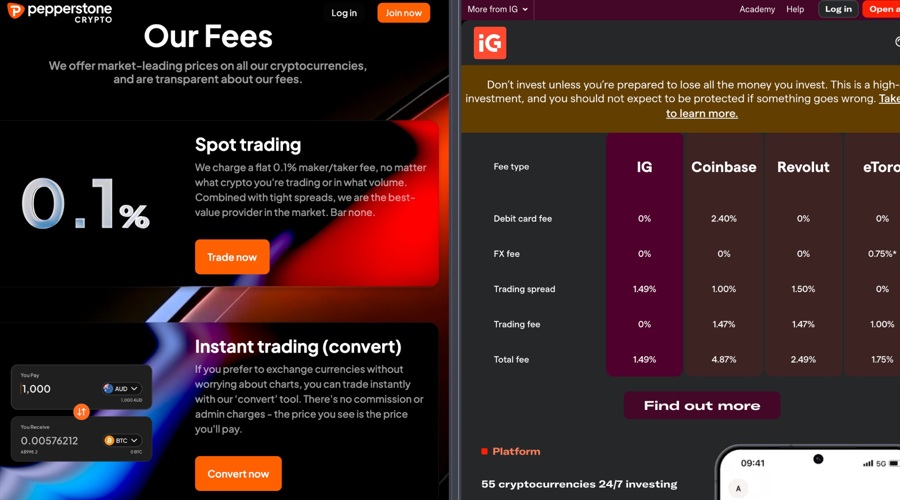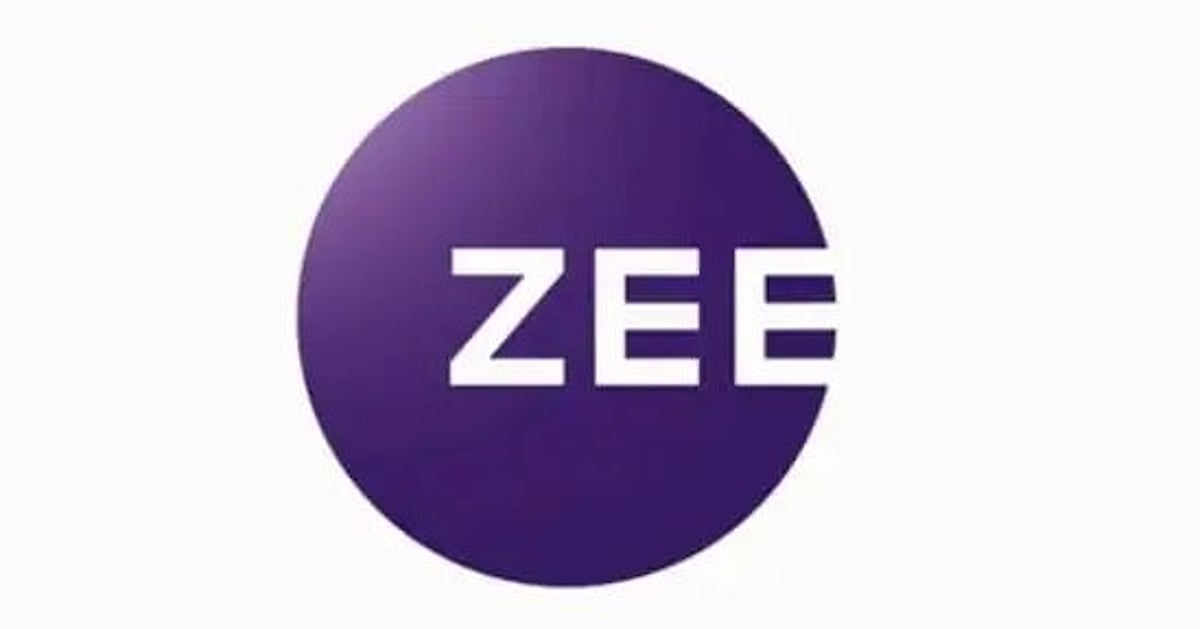Uniswap, a popular decentralized exchange (DEX), unveiled its fourth version which, while feature dense, has sparked complaints among developers who are against the Business Source License that guards its code for the next four years.
Uniswap V4 Features Include ‘Hooks’
Uniswap v4 introduces a range of new features and enhanced customizability to the platform. The latest version introduces the “hooks” feature, a type of smart contract that allows developers to expand upon existing liquidity pools.
Sara Reynolds, the lead smart contract engineer for the project, described the hooks feature as “kind of limitless” in terms of customization possibilities.
However, the release of Uniswap v4 also sparked complaints within the open-source community. The reason being, their distaste for the license used in association with the new update.
Uniswap has chosen to use a Business Source License 1.1 (BSL) in v4, continuing what they did with Uniswap v3. The BSL license will allow Uniswap to exclusively use their innovation for the next four years.
Although the license grants the public access to the code and allows the copying, modification, and redistribution of said code, the code cannot be used for commercial or production purposes for a period of up to four years. After this initial period, the license will be changed from a BSL license to a General Purpose License (GPL) in perpetuity.
Crypto developers within the open-source community argue that Uniswap’s marketing claims of being open-source are misleading.
Implications Of Uniswap V4 License
In a series of tweets, Gabriel Shapiro of Delphi Labs, a research and development lab for accelerating web3 products, said the BSL is a tax on innovation and could slow down development in decentralized finance (DeFi) space. In his view, it will be hard for developers to build an automated market maker (AMM) from scratch without “looking at the Uniswap v4” code.
Business source license is a tax on the innovation of the entire space. Anyone who’s looked at BSL code even once, and then later codes something similar, is at risk of catching a copyright claim. The risk of these copyright claims is why big-tech use elaborate ‘clean room’ procedures. Simply put, it would be hard to find a team of devs who are both capable of coding a new AMM from scratch and have never looked at Uniswap v4 code. This doesn’t mean they infringed, but that’s not enough, they need to be able to prove they did not infringe.
In response to the backlash, Uniswap’s creator, Hayden Adams, and his team held a YouTube live stream to address the controversy.
Noah Zinsmeister, the lead engineer, defended the BSL license, claiming that four years is not long and that it strikes a reasonable balance between encouraging innovation and profiting from the project.
Feature image from Canva, Chart from TradingView
















